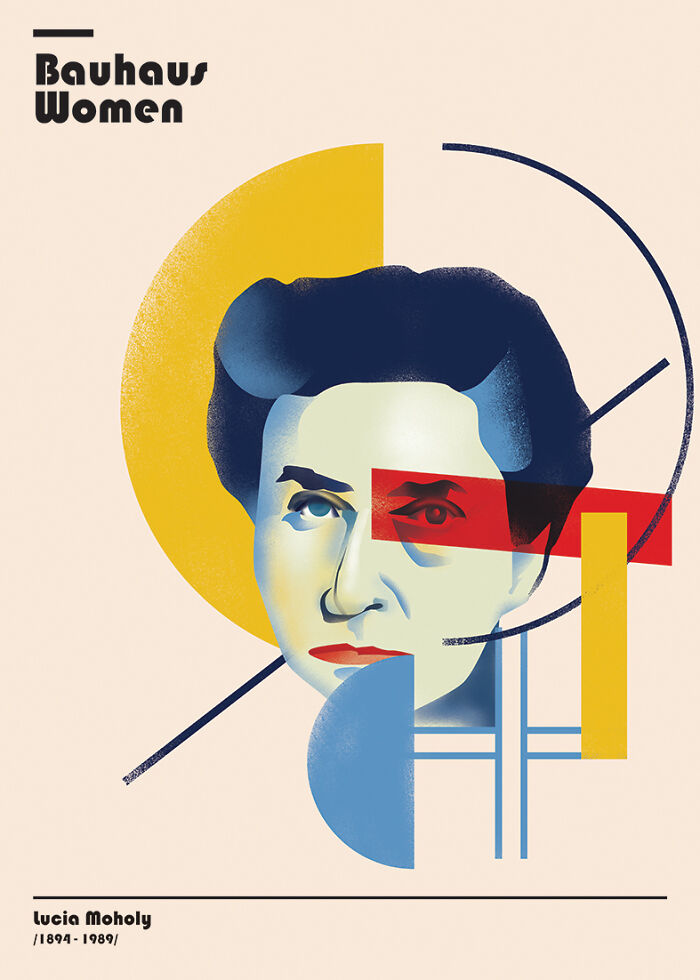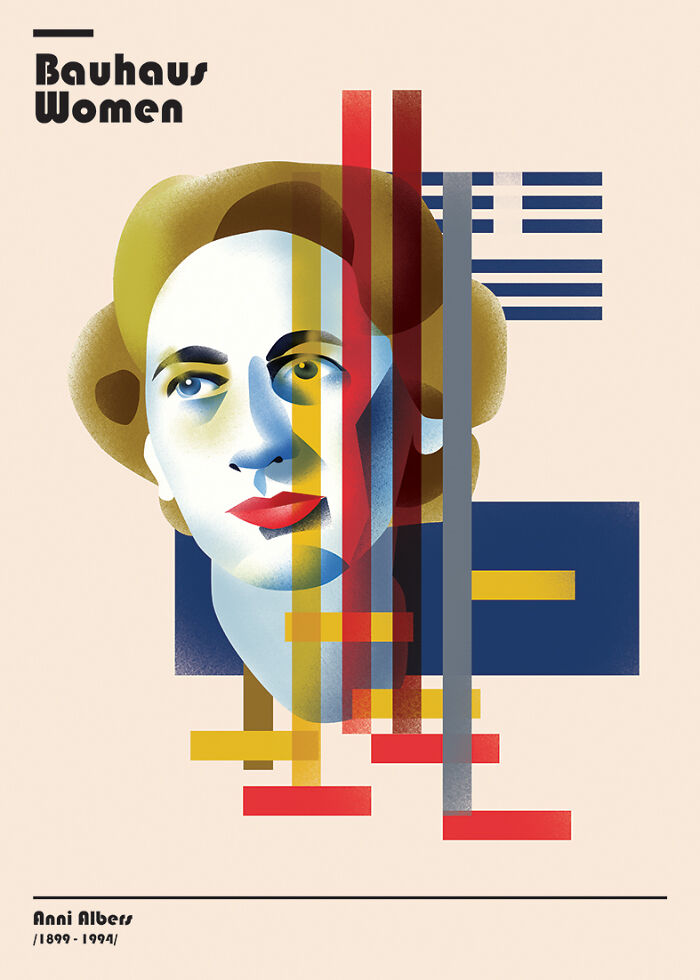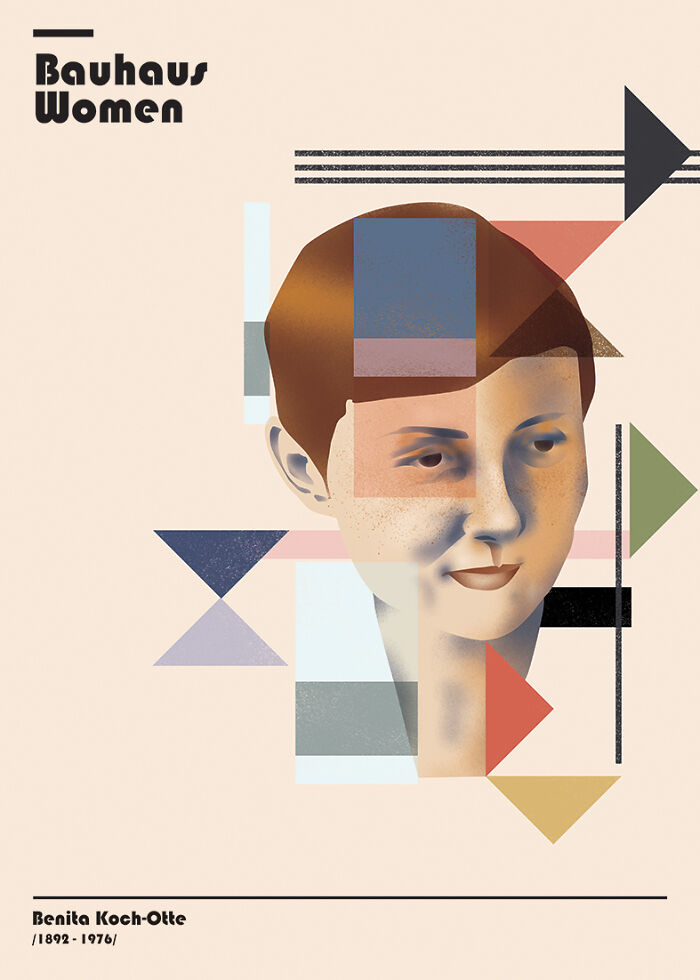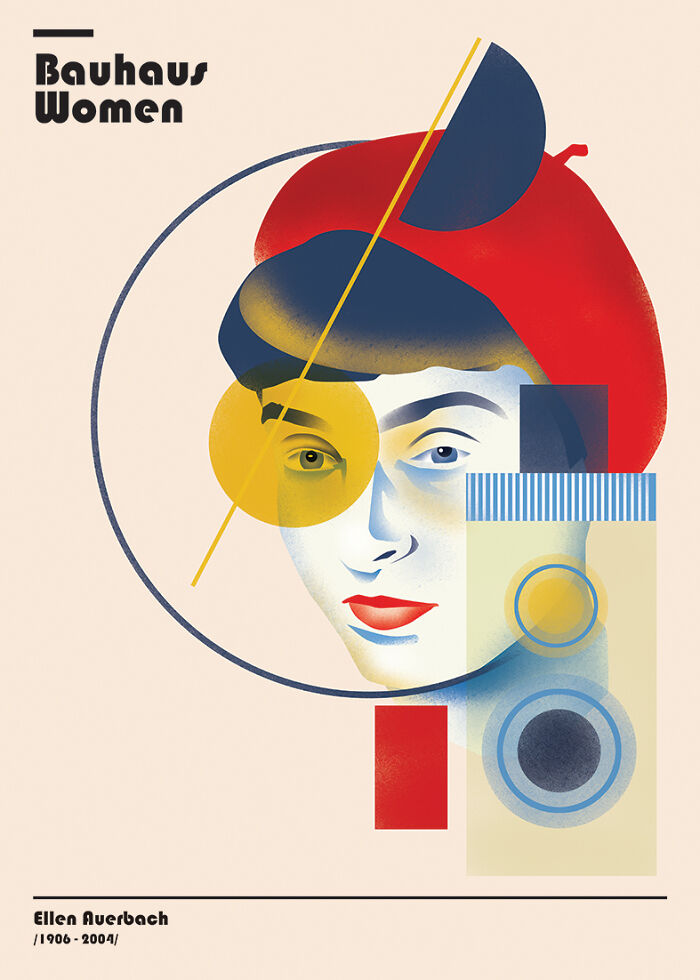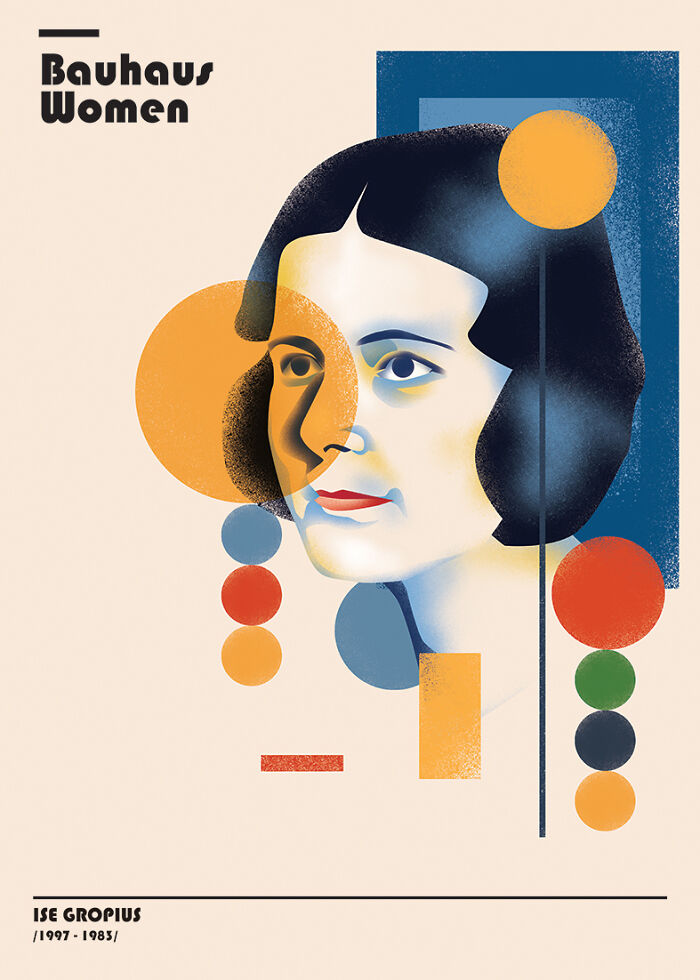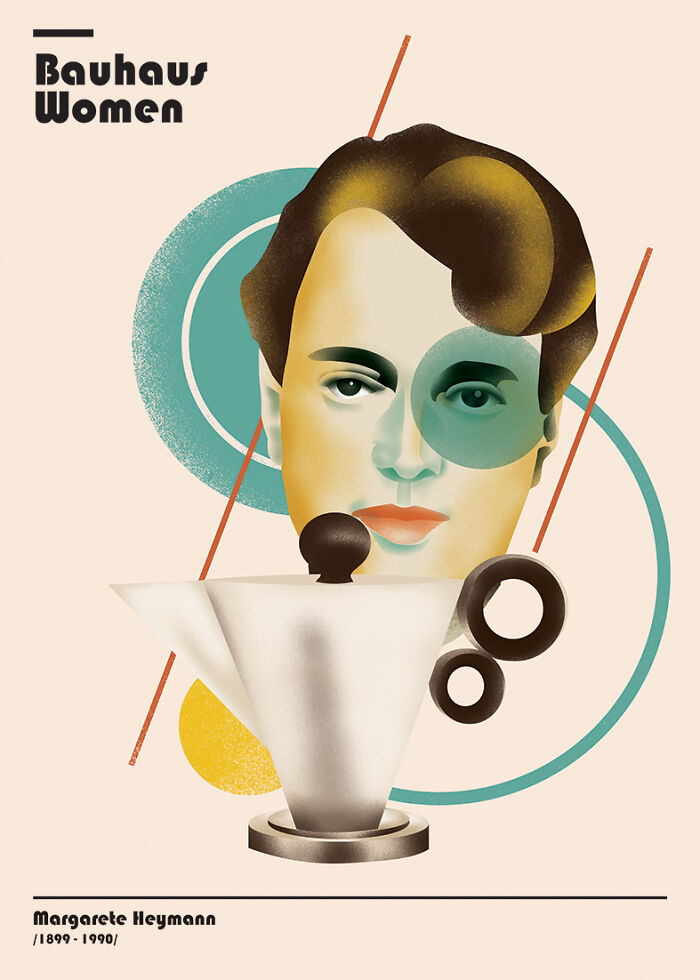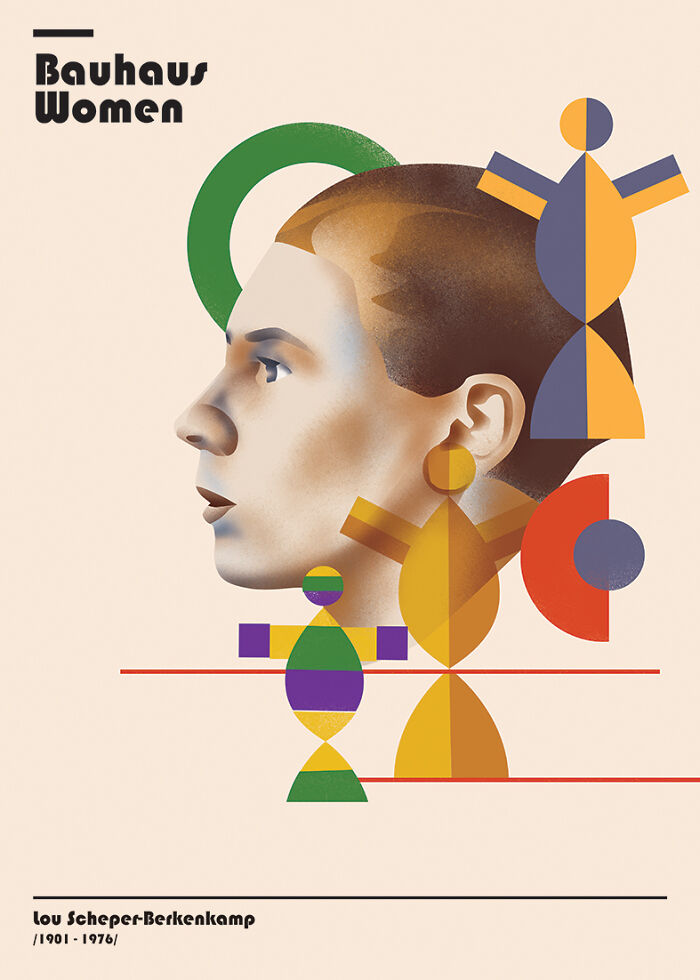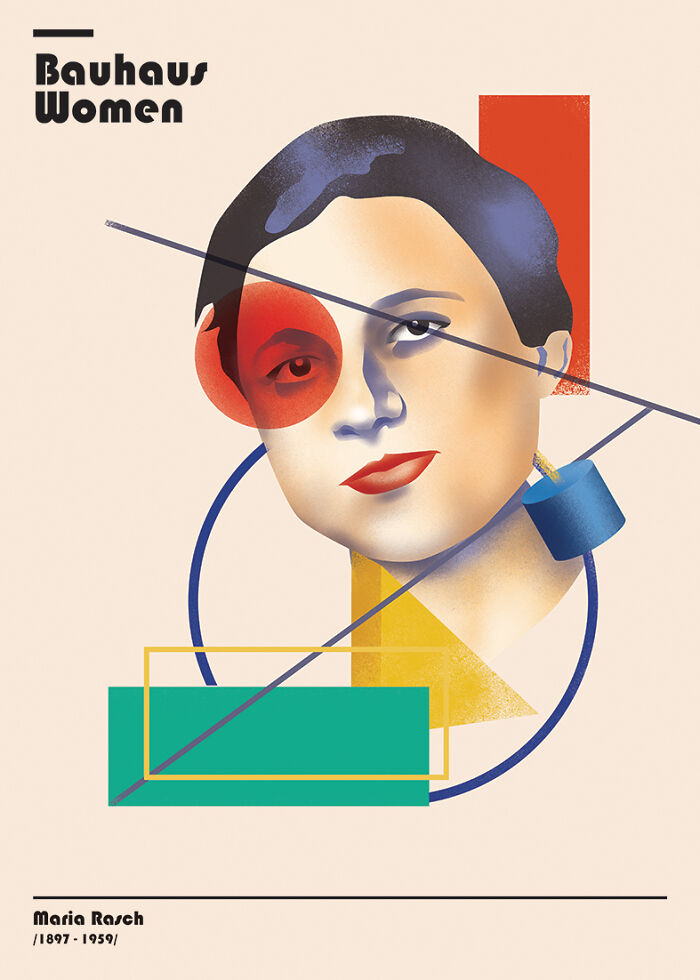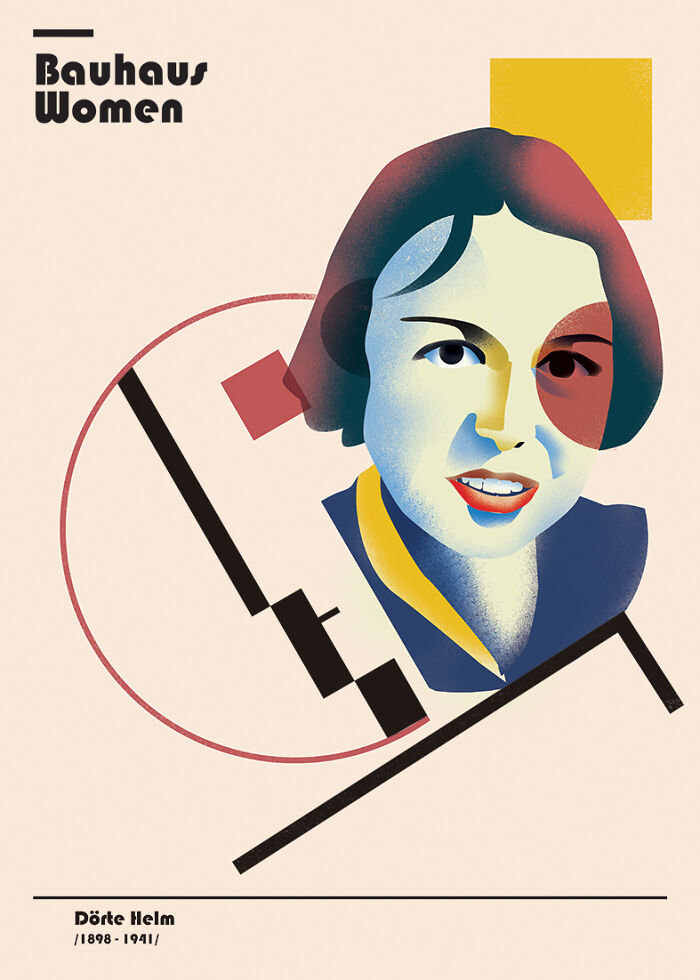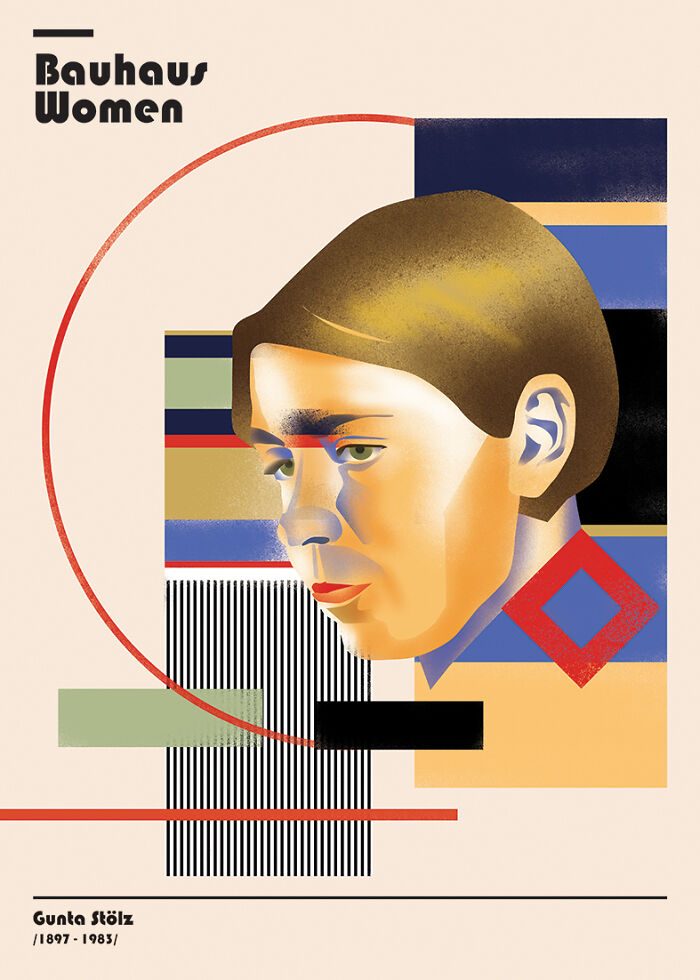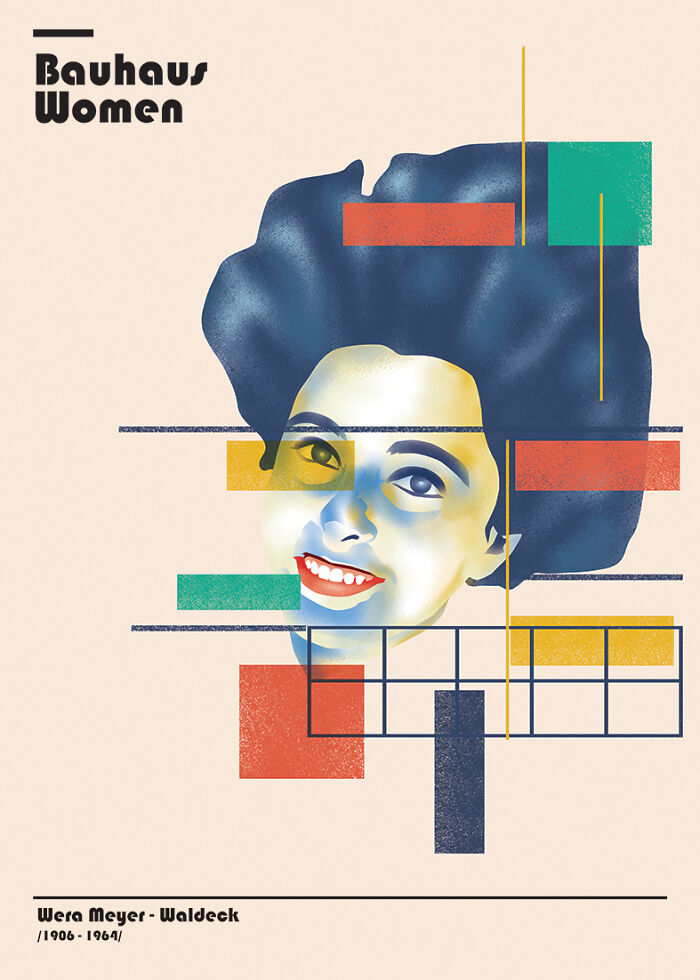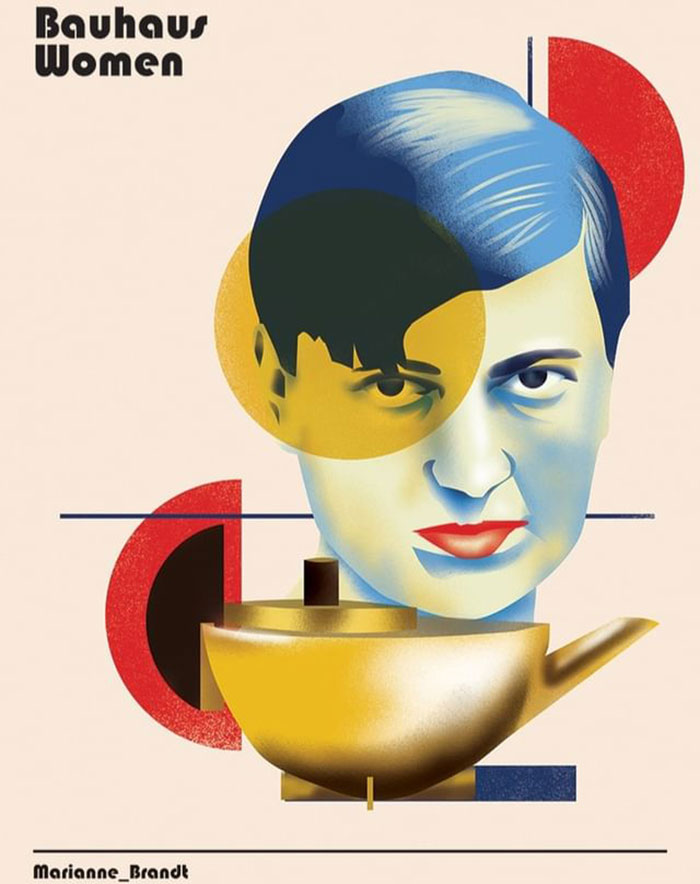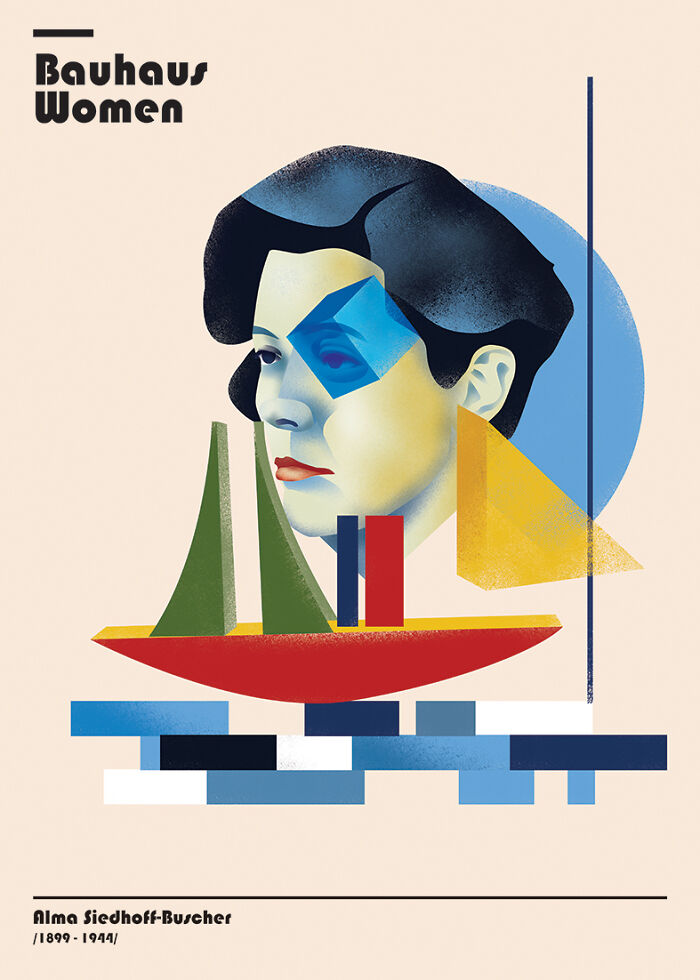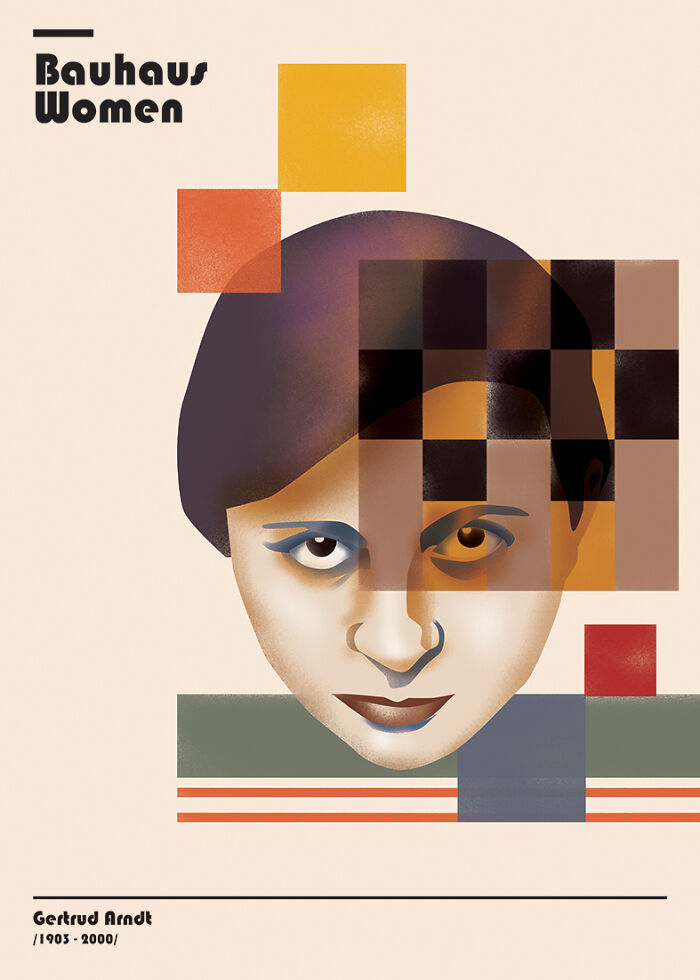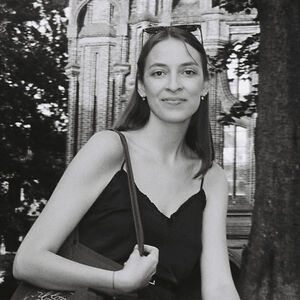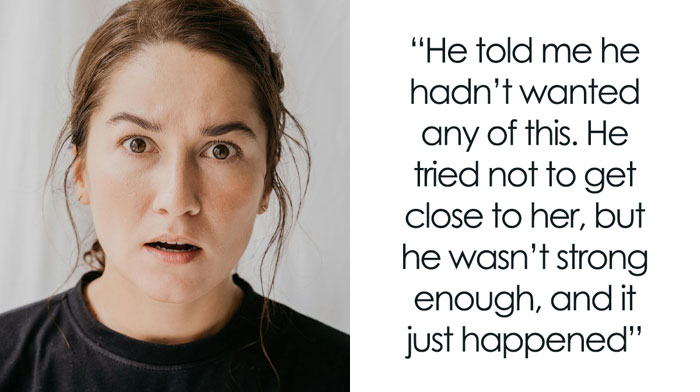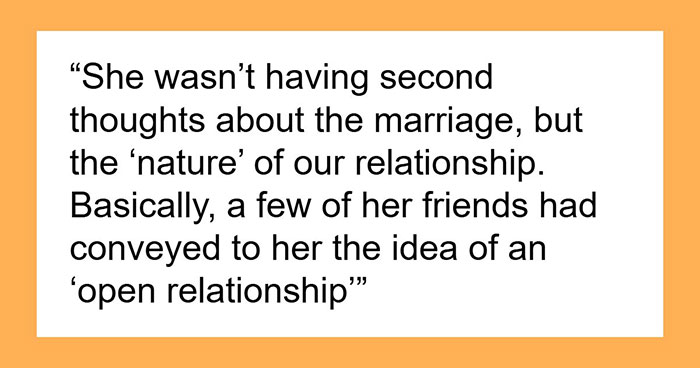
Bauhaus Women: To Celebrate The 8th Of March, I Created 16 Illustrations Dedicated To Significant Women In History
Like the previous years, for this year's 8th of March (International Women's Day) I am publishing a series of illustrations dedicated to significant women in history.
This year my series is dedicated to the women of Bauhaus - the progressive academy that accepted both male and female students and treated them equally, which was not the case for the rest of the academies of that time.
It was founded by Walter Gropius in 1919 and worked until 1933 - the year the Nazis closed the academy. In this series, you can enjoy illustrations of 16 women who changed the world of photography, interior design, art and architecture.
Check out my previous article on Bored Panda featuring more illustrations of powerful women.
More info: Instagram | behance.net
Bauhaus Women

This post may include affiliate links.
Lucia Moholy was a photographer and publications editor. Her photos documented the architecture and products of the Bauhaus and introduced their ideas to a post-World War II audience.
However, Moholy was seldom credited for her work, which was often attributed to her husband László Moholy-Nagy or to Walter Gropius.
Anni Albers (born Annelise Elsa Frieda Fleischmann) was an American textile artist and printmaker credited with blurring the lines between traditional craft and art.
Ellen (Rosenberg) Auerbach was a German-born American photographer who is best remembered for her innovative artwork for the ringl+pit studio in Berlin during the Weimar Republic.
Margarete Heymann was a German ceramic artist of Jewish origin and a Bauhaus student. In 1923 she founded the Haël Workshops for Artistic Ceramics at Marwitz that she had to close in 1933 and settled in Jerusalem.
She moved to Britain in 1936 and continued her work, becoming world-famous as “Greta Pottery”. Her finest work is considered to be from her working period in Germany.
Otti Berger was born in Zmajevac in Austro-Hungarian Empire (present-day Croatia).
She completed education at the Collegiate School for Girls in Vienna before enrolling in the Royal Academy of Arts and Crafts in Zagreb, now the Academy of Fine Arts, University of Zagreb. She continued her studies in Zagreb until 1926 before attending Bauhaus in Dessau, Germany.
There, Berger studied under László Moholy-Nagy, Paul Klee, and Wassily Kandinsky, among others. Berger has been described as "one of the most talented students at the weaving workshop in Dessau." She was murdered in the Holocaust.
Lou Scheper-Berkenkamp was a German painter, color designer, avant-garde author of children's books, fairy-tale illustrator and costume designer.
Maria Rasch was a German painter. She studied at the Bauhaus Weimar from 1919 to 1923 and was then elected secretary of the working group of students at the Bauhaus.
In 1923 she completed her studies at the Bauhaus Weimar as a journeyman for decorative painting. In 1928 she initiated the wallpaper production of the Bauhaus wallpapers, which appeared on the market for the first time in 1929.
Gunta Stölzl was a German textile artist who played a fundamental role in the development of the Bauhaus school's weaving workshop.
As the Bauhaus' only female master she created enormous change within the weaving department as it transitioned from individual pictorial works to modern industrial designs.
Her textile work is thought to typify the distinctive style of Bauhaus textiles.
She joined the Bauhaus as a student in 1919, became a junior master in 1927. She was dismissed for political reasons in 1931, two years before the Bauhaus closed under pressure from the Nazis.
Wera Meyer-Waldeck, an architect trained at the Bauhaus in Dessau (Germany) between 1927 and 1932. She was a student with high school performance who began her studies at the Carpentry Workshop to graduate in Architecture. She made designs for children's play furniture, interior design and homes.
Marianne Brandt was a German painter, sculptor, photographer, metalsmith, and designer who studied at the Bauhaus art school in Weimar and later became head of the Bauhaus Metall-Werkstatt (Metal Workshop) in Dessau in 1927.
Alma Siedhoff-Buscher was a German designer. She trained at the Reimann School in Berlin, the Unterrichtsanstalt des Kunstgewerbemuseums Berlin and the Bauhaus.
Gertrud Arndt was a German photographer and designer associated with the Bauhaus movement. She is remembered for her pioneering series of self-portraits from around 1930.
Lis Beyer-Volger was a German artist. She was a student at the Bauhaus where she was taught by Johannes Itten, Paul Klee, and Wassily Kandinsky.
She worked at the Bauhaus weaving workshop with Georg Muche and Gunta Stölzl. She passed the Journeyman and Weaver examinations and went on to teach weaving at the Maxschule in Würzburg. Lou Scheper-Berkenkamp.
This is a wonderful informative collection. Thank you for sharing the story and your great art!
I recently checked out the Bojangles Menu and was impressed by the variety of breakfast and lunch options, from their famous biscuits to savory chicken meals. Using Bojangles promo codes made my order even better, saving me money while enjoying fresh, flavorful food. Highly recommended for anyone looking for tasty meals at a great price! https://bojanglesmenuprice.com/bojangles-promo-code/
We'll bounce off what FrancesCat said. We didn't know Bauhaus had women artists. This is great!
I recently checked out the Bojangles Menu and was impressed by the variety of breakfast and lunch options, from their famous biscuits to savory chicken meals. Using Bojangles promo codes made my order even better, saving me money while enjoying fresh, flavorful food. Highly recommended for anyone looking for tasty meals at a great price! https://bojanglesmenuprice.com/bojangles-promo-code/
We'll bounce off what FrancesCat said. We didn't know Bauhaus had women artists. This is great!

 Dark Mode
Dark Mode 

 No fees, cancel anytime
No fees, cancel anytime 






